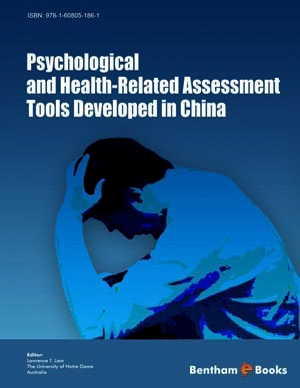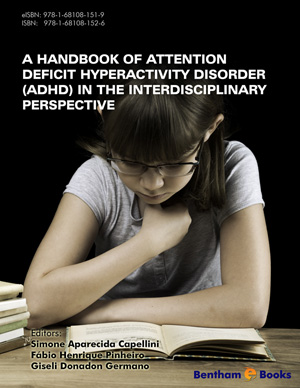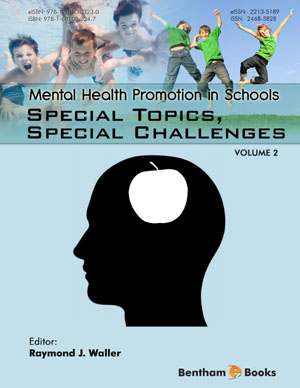Abstract
The object of the study was to develop a Cognitive Ability Scale for assessing the cognitive abilities among Chinese people and to examine the psychometric properties, including reliability and validity, of the instrument. The design of the scale was based on in-depth literature reviews and analysis of the contemporary theories of intelligence, and empirical and clinical experience. The psychometric properties of the instrument were evaluated using different samples. Cronbach’s alpha values were large for all sub-scales and for both children and adults. The values ranged from 0.754 to 0.923 for children and from 0.747 to 0.941 for adults with the full test attaining 0.965 and 0.967 for children and adults respectively. Split-half reliability values were also large for all sub-scales for all ages ranging from 0.810 to 0.928 for children and from 0.829 to 0.948 for adults yielding a satisfactory overall internal consistency for the test. The convergent validity of the CAAS for adults and children was evaluated using the WAIS-CR and WISC-CR. The results on inter-instrumental correlations between CAAS and WISC-RC showed many variations in the correlation coefficients among the sub-scales of the two measures. The correlations ranged from a very weak correlation of 0.09 to a high correlation of 0.87. The CCAS has been demonstrated as a valid and reliable instrument for assessing dementia among elderly people from a Chinese speaking background.












